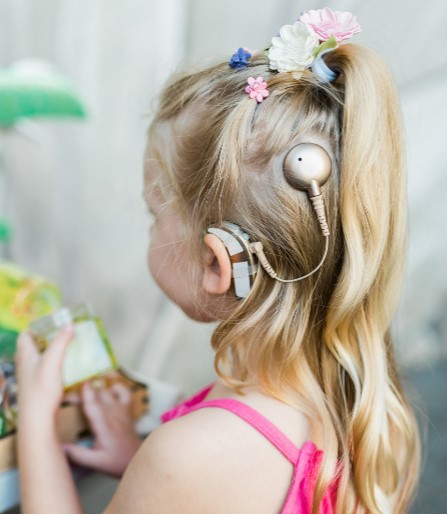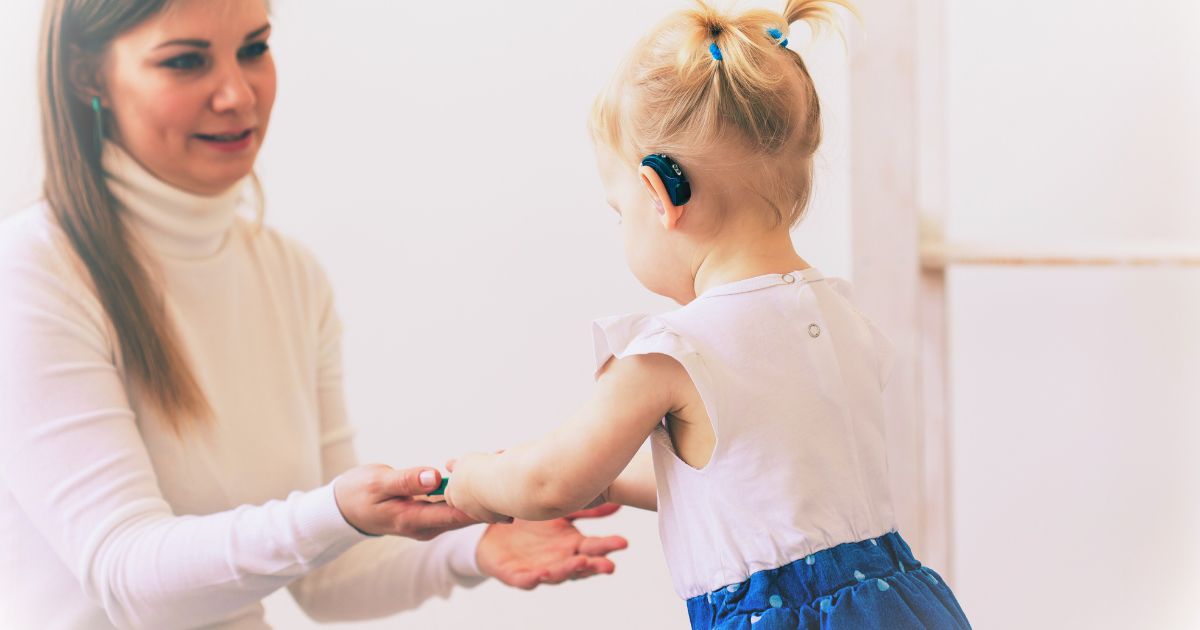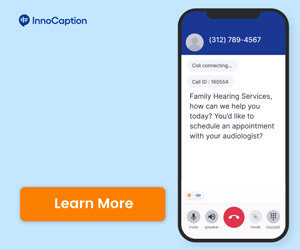A recent cohort study published today in JAMA Network Open has revealed significant findings on the prevalence of vestibular impairment in children with bilateral profound hearing loss (HL) and its association with developmental delays.
Conducted by Dr. Sylvette R. Wiener-Vacher and her colleagues at a pediatric referral center in Paris, France, the study underscores the critical need for comprehensive vestibular assessments in these children to optimize their developmental outcomes.
Key Findings
The study, which included 592 children with bilateral profound HL, found that 44% of the children had vestibular impairment. Moreover, a delay in achieving developmental milestones was significantly associated with the severity of vestibular impairment.
The primary outcomes emphasized the necessity of evaluating vestibular function before deciding on cochlear implantation strategies to ensure timely and effective rehabilitation.
Prevalence and Impact of Vestibular Impairment
The cohort consisted of children with various origins of HL, including genetic and infectious causes. Genetic HL was the most common, with 45.1% of cases being of genetic origin, divided equally between syndromic (mainly Usher and Waardenburg syndromes) and nonsyndromic types (mainly associated with connexin 26).
Vestibular impairment was notably prevalent among children with genetic syndromic HL (78.3%) and those with cytomegalovirus (CMV) infections (69.2%).
Children were classified into three groups based on their vestibular function:
- Normal vestibular function (NVF)
- Partially impaired vestibular function (PVF), and
- Complete bilateral vestibular loss (CBVL).
The study found that 44.4% of the children had some form of vestibular impairment, with 5.7% experiencing complete bilateral vestibular loss. The findings indicated that children with genetic syndromic hearing loss and CMV infections were more likely to suffer from severe vestibular impairments, impacting their posturomotor development.
Developmental Delays
The study meticulously analyzed the association between vestibular impairment and the delay in achieving four critical developmental milestones: head holding, sitting, standing with support, and independent walking. The results showed that children with CBVL and PVF experienced significant delays in reaching these milestones compared to children with normal vestibular function.
For instance, the odds of achieving head holding at a later age were 2.55 times higher in children with PVF and 4.79 times higher in children with CBVL compared to those with NVF. The delays in achieving these milestones were even more pronounced in the CBVL group. The age for head holding was delayed by an average of 7.33 years in children with CBVL, compared to 4.03 years in those with PVF.
Implications for Cochlear Implantation

ci
The study’s findings highlight the importance of including vestibular function assessments in the decision-making process for cochlear implantation. Traditionally, the focus has been primarily on audiological testing, but the study suggests that a comprehensive evaluation of vestibular function can significantly impact the outcomes of cochlear implantation.
Children with vestibular impairments, especially those with CBVL, may benefit from adapted cochlear implantation strategies that aim to preserve vestibular function.
Moreover, early detection of vestibular impairment can facilitate timely and targeted rehabilitation, such as vestibular substitution therapy, which can help mitigate the developmental delays associated with vestibular loss.
Vestibular Issues More Common Than Previously Thought
This study provides strong evidence that vestibular impairment is a common and significant issue in children with bilateral profound hearing loss. The link between vestibular impairment and developmental delays highlights the importance of conducting thorough vestibular assessments before cochlear implantation. Such assessments enable healthcare professionals to implement early and appropriate interventions, ultimately improving developmental outcomes for these children.
The findings emphasize the need to prioritize vestibular function assessments in children with profound hearing loss. Recognizing the impact of vestibular impairment on development can lead to better management strategies and a higher quality of life for affected children.
Reference:
- Wiener-Vacher, S. R., Campi, M., Caldani, S., Thai-Van, H. (2024). Vestibular Impairment and Postural Development in Children With Bilateral Profound Hearing Loss. JAMA Network Open, 7(5), e2412846. doi:10.1001/jamanetworkopen.2024.12846
Source: JAMA Network Open







